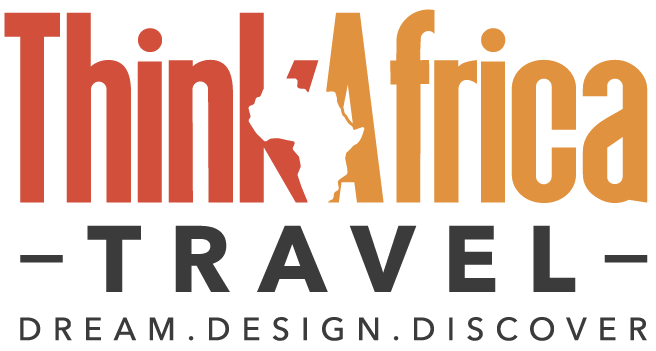- Home
- Botswana
-
-
- Okavango Delta
- Abu Camp
- Baines’ Camp
- Camp Okavango
- Chitabe Camp
- Chitabe Lediba Camp
- Daunara Safari Camp
- Duba Plains Camp
- Eagle Island Lodge
- Jacana Camp
- Jao Camp
- Kanana Camp
- Kwara
- Kwetsani Camp
- Little Vumbura Camp
- Maxa
- Nxabega Okavango Tented Camp
- Sandibe Okavango Safari Lodge
- Seba Camp
- Shinde Camp
- Shinde Footsteps
- Sitatunga Private Island
- Stanleys Camp
- Tubu Tree Camp
- Vumbura Plains Camp
- Xugana Island Lodge
- Okavango Delta
-
- Chobe and Linyanti
- Chobe Bakwena
- Chobe Game Lodge
- Chobe Chilwero
- Chobe River Lodge
- Chobe Savanna Lodge
- Chobe Under Canvas
- Duma Tau Camp
- King’s Pool Camp
- Kwando Lagoon
- Kwando Lebala
- Linyanti Bush Camp
- Mowana Safari Lodge
- Muchenje Safari Lodge
- Savute Elephant Camp
- Savute Safari Lodge
- Savute Under Canvas
- Savuti Camp
- Selinda Camp
- Zarafa Camp
- Chobe and Linyanti
-
-
- Other Destinations
-
- Inspiration
-
-
- Fly in Safaris
- Best of Botswana Safari
- Botswana Migrations and Predators Safari
- Combination of Hwange and Matobo
- Discover Botswana Fly-in Safari
- Explore Delta, Chobe and Hwange Package
- Explore Duba and Selinda Reserves
- Explore Kafuwe National Park in Zambia
- Fly me across Botswana Safari
- Nehimba Lodge and Bomani Tented Lodge
- Fly in Safaris
-
- Planning a Safari
- Contact Us
DISCOVER
Wildlife Photography
When planning your Botswana safari, do not forget to pack your camera.
When planning your Botswana safari, do not forget to pack your camera. If you are serious about your wildlife photography, booking a private vehicle while on your safari may be worthwhile. This gives you the freedom to sit with any game you may like to photograph at your leisure without other guests wanting to move on to something new. You may also consider booking camps in concession areas where the vehicles are permitted off-road to get you up close to a good sighting. These camps also offer night drives, which will give you the opportunity for some nocturnal wildlife photography.
The choice of camera equipment will determine the quality of your trip photographs. A good SLR camera and telephoto lens are necessary for great wildlife photography of birds and animals. The minimum recommended size is 200mm, and a zoom lens can be extremely useful. Also please bring a spare camera battery.
For video cameras, it is possible to recharge batteries at all the camps, but it is wise to bring your own adapters as Botswana works on the 220v system. Bring a spare video battery, as most recharging will be done during the day while you are out on game excursions. Many camps and lodges have generated power that runs during the day, recharging solar batteries, fridges, freezers etc. and are switched off at night. Please also remember to bring your binoculars.
Pack lots of memory cards – Botswana is a once-in-a-lifetime destination. Be sure to bring a battery charger, an adapter for the local electrical outlets and plenty of memory cards (a one-gigabyte card holds about 300 photos). If you can, bring at least two cameras – if you lose one camera, you’ll have a backup. To protect your equipment, be sure to store it in plastic bags (Ziploc bags).
Research Botswana’s culture, history, environment, and geography before departing; the better you understand a subject, the better you can capture it on film. Understand and respect cultures, as not all Africans want their pictures taken. Always ask their permission before you shoot.
DREAM
DESIGN
DISCOVER
Plan your bespoke safari with Think Africa Travel and experience Chobe the way it was meant to be intimate, immersive, and unforgettable.
CONTACT US ON +267 686 1797 OR ENQUIRE BELOW


